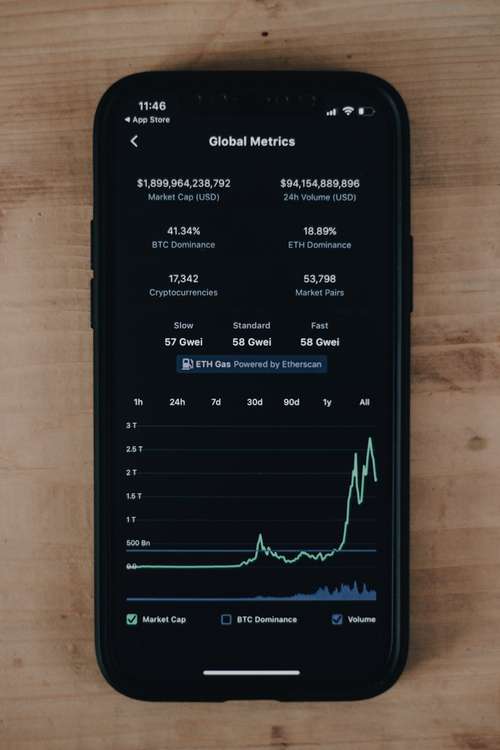How profitable could investing in Alphabet stock be, heading into 2025? What posture should investors take considering stats on AI-driven market trends and Google cloud computing growth? Here's exploring where Alphabet Inc. (NASDAQ: GOOGL) stands against other top stocks to invest in, heading into 2025.
Key Insights into Google Stock: to Buy or Sell?
Morgan Stanley published an analysis on November 13, describing prospective threats to the “Trump trade” – a generally positive expectation among market observers following Donald Trump’s triumph in the 2024 US presidential elections. “Trump trade” saw thousands of investors pump funds into small-cap stocks, cryptocurrencies, and financials, anticipating lower taxes and deregulation.
In fairness to investors, Trump has repeatedly indicated verbally and otherwise a more embracing approach to unconventional financial assets like crypto. However, the bond markets reacted to the massive purchases, cautioning the market with 10-year Treasury yields rising sharply.
Meanwhile, worries about unfunded tax cuts and swelling U.S. debt affected sentiment in fixed-income markets, as the stronger U.S. dollar kept pressurizing fiat currencies from emerging economies. Due to these indices and more, the bank's Global Investment Committee has advised investors to approach the trends carefully as they head into 2025.
Threats to Sustaining Price Rallies
The bank cited three primary risks to the ability of the market to sustain a price rally across assets such as Google stocks into 2025. First, the report observed that equity valuations are highly stretched, as higher interest rates increase borrowing costs – potentially impairing corporate profitability. Similarly, Treasury yields have risen to about 2%, historically connected with lower stock price-to-earning ratios at a multiple of 23x, well above historical trends.
Moreover, there are concerns about Trump’s administration’s policy timings. While policies like tax cuts and deregulation could inspire growth, introducing inflationary policies such as tariffs or immigration limits could upturn the benefits. That’s because such decisions could raise consumer prices, reduce the growth of the labor force, and disrupt major industrial activities like agriculture and the services industry.
Lastly, the bank finds that many organizations have set ambitious corporate earnings targets for 2025, which may be difficult to achieve. For instance, forecasts project profit growth of 15%, which appears overly optimistic, especially considering current single-digit earnings growth and dampening productivity improvements.
Granted, some sectors like the financial services and traditional energy industries may benefit from improved regulatory clarity under Trump's administration, but there are other significant factors that could challenge the anticipated profit growth. These potentially corrective factors include a stronger dollar and rising borrowing costs. Also, potential tariffs may also increase production costs, placing extra pressure on production firms.
Conclusion
Given these threats, the bank recommends that investors consider taking profits in high-performing stocks and offsetting tax liabilities by selling off poorly-performing securities. That way, they could tap into the potential opportunities in assets like Google Stocks that can boast of large-cap value, mid-cap growth, and belonging to an emerging market. Despite growing research in AI and internet search, Alphabet remains a potentially viable investment destination for investors, heading into New Year.




